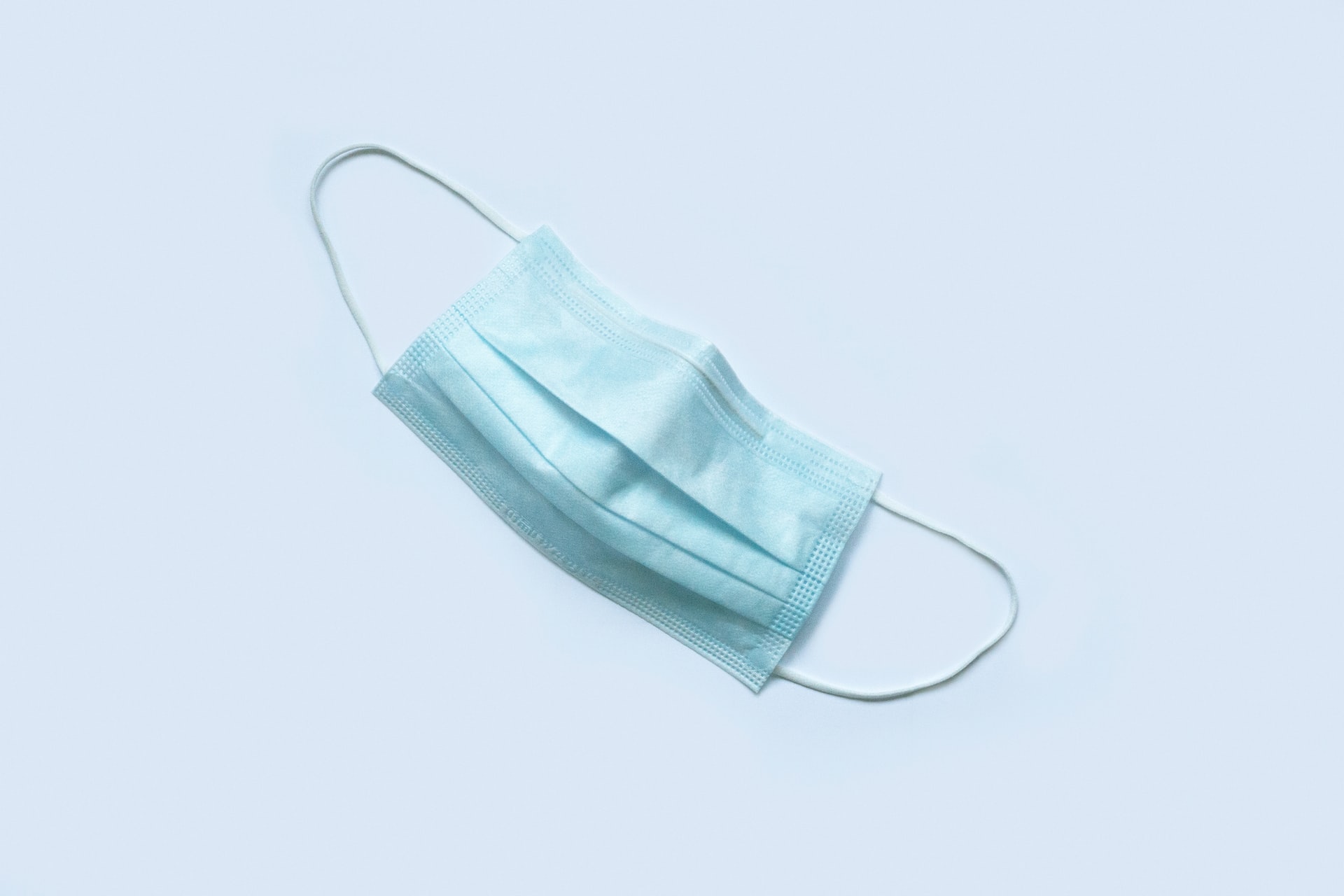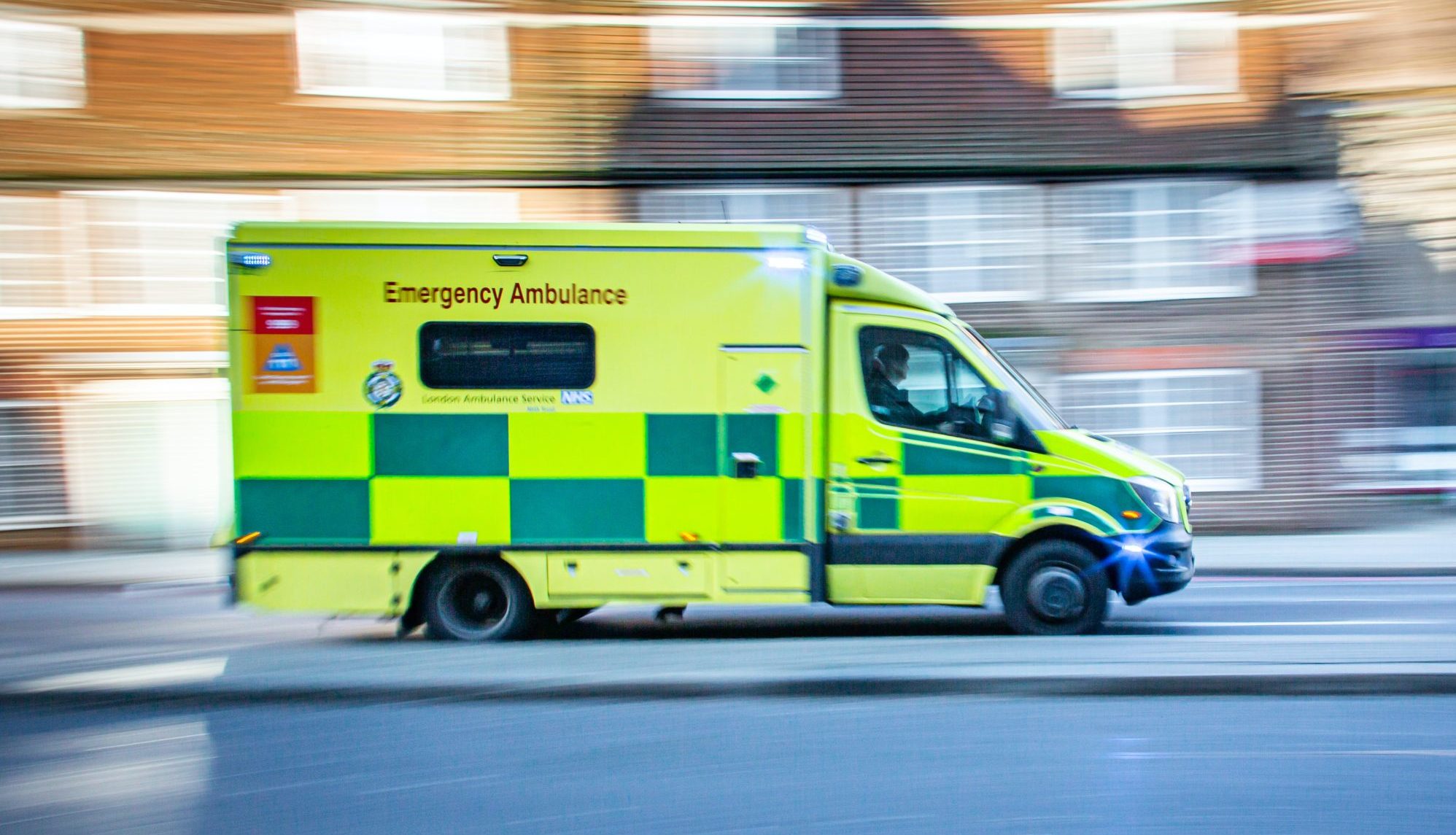
During the COVID-19 pandemic our patient population accepted, engaged, and followed government advice on self-care (wearing masks, washing hands, social isolation, having lateral flow tests, or getting a vaccine), which helped to prevent the spread of the virus along with reducing pressures on NHS resources.
Subsequently, a survey of over 2000 UK adults highlighted that 69% of people who might not have considered self-care as their first option pre-pandemic were more likely to pursue it in the future, with 77% stating that the pandemic should change our mentality about using GP appointments.1
The concept of caring for ourselves and our dependents is a basic human instinct, not a new theory. As the word suggests, self-care is about taking care of ourselves. The World Health Organization (WHO) defines self-care as ‘the ability of individuals, families, and communities to promote health, prevent disease, maintain health, and cope with illness and disability with or without the support of a health worker’2 — the key to achieving sustainable health care in primary care.
[self-care is] the key to achieving sustainable health care in primary care
Around 80% of all care in the UK is self-care, this includes people generally taking care of themselves and managing their own minor illnesses and long-term chronic conditions.3 Despite people’s willingness to initially self-treat, minor ailments contribute to 57 million GP consultations a year, at a total cost of 2 billion GBP to the NHS — an average of an hour a day for every GP.3
It is estimated that 75% of admissions for both asthma and diabetes are avoidable through self-care actions, while only around 30%–50% of patients adhere to recommended medications,4 which is alarming.
GPs must encourage people to self-care at every appropriate contact, as it is central to all types of care within public health and medical care. Everyone has varied needs and hence care is different for everyone. WHO recommends self-care interventions through a holistic approach to the care of each person, taking account of their individual circumstances, needs and desires across their whole life course, as well as the environment within which they live.5
Motivating people to have control of their own health and wellbeing enables individuals to be at the heart of decision making about what matters to them, stressing the significance of influencing how they want to live their life rather than the condition dictating how their life is led.6 Self-care does not mean that the individual manages alone without any health professionals’ support, but instead it provides additional choices and options for health care.
What does self-care involve?
The Self Care Forum illustrates self-care as a continuum, starting from decisions on daily lifestyle choices (such as brushing teeth, eating healthily, choosing to exercise, and taking time for yourself), preventing disease, and managing short- and long-term conditions. At the other end of the spectrum are those conditions such as major trauma where healthcare professionals have greater responsibility, until the start of recovery when self-care could begin again. This reiterates that self-care has a role throughout the continuum.3
GPs should work in collaboration with the multidisciplinary team … utilising their knowledge, skills, and experiences to promote self-help interventions
How could GPs promote self-care to patients?
Sharing evidence-based fact sheets produced by the Self Care Forum,7 which includes safety-netting advice describing when to seek medical help, improves patients’ understanding of how best to self-care. Through regular effective communication, negotiation, and patient–doctor partnerships, we could provide patients and carers with the confidence to take charge of their own health and wellbeing, empowering them to make informed choices to manage their own care in the most effective way.8
Self-care interventions that could be encouraged in primary care include:
- self-management: adherence to prescribed medications; self-treating minor ailments, such as common colds and nosebleeds; self-examination of the breast; self-injection, such as Sayna Press contraception; self-administration of insulin; and self-use of over-the-counter contraceptive products, condoms, and lubricants;
- self-testing: self-sampling for HPV and STI; HIV self-screening; self-diagnosis, such as over-the-counter pregnancy tests; and self-monitoring of blood pressure or blood glucose; and
- self-awareness: healthy lifestyle choices, such as smoking cessation, drinking alcohol in moderation, eating a balanced diet, and exercising; signposting people to social support networks; involving patient’s care through shared decision making; self-management/self-help education programmes; access to patient medical records/care plans; and access to high-quality information on conditions and services.
Time constraints and feeling overwhelmed during consultations due to escalating GP workload, shortage of staff, including GPs, and the continuing rise in patient expectations could compromise offering such self-care interventions in our daily routine practice.
GPs should work in collaboration with the multidisciplinary team, in particular Additional Roles Reimbursement Scheme members and local pharmacists, utilising their knowledge, skills, and experiences to promote self-help interventions to our patient population. Adopting such a self-help approach would undoubtedly benefit the workforce in the long-term.8
What are the benefits of self-care?
GPs must encourage people to self-care at every appropriate contact
Self-care interventions empower people with the confidence and information to take greater control of their own health and wellbeing, encouraging healthier behaviour that prevents ill health in the long-term, reducing morbidity and mortality while improving the quality of life. Consequently, there would be a reduction in the number of GP consultations and visits to hospitals and emergency departments.
Added benefits to the individual include better planned, coordinated, and convenient care that is confidential and less costly.6
Furthermore, it enables GPs to focus on caring for patients with comorbidities and complex medical problems, managing long-term conditions, and providing new services. Additionally, self-care of healthcare professionals would lessen stress and replenish their capacity to provide compassion and empathy. Cost-effective, high-quality care would be delivered to our patient population, which could add to the long-term sustainability of the NHS.
In summary, self-care is relevant to all consultations and should be embedded into everyday life as it empowers patients to take control of their lives with the added benefit of easing the burden on overstretched healthcare systems, reducing costs, and increasing their effectiveness. Every opportunity should be spent investing in well-trained and well-organised practices to establish self-care support mechanisms and pathways in primary care.
References
1. Proprietary Association of Great Britain. Self care survey 2020. 2021. https://www.pagb.co.uk/policy/self-care/self-care-survey-report-download-pagb (accessed 18 Jul 2022).
2. World Health Organization. Self-care interventions for health. 2022. https://www.who.int/news-room/fact-sheets/detail/self-care-health-interventions (accessed 18 Jul 2022).
3. Self Care Forum. What do we mean by self care and why is it good for people? https://www.selfcareforum.org/about-us/what-do-we-mean-by-self-care-and-why-is-good-for-people (accessed 18 Jul 2022).
4. Greaves CL, Campbell JL. Supporting self-care in general practice. Br J Gen Pract 2007; 57(543): 814–821.
5. World Health Organization. WHO consolidated guideline on self-care interventions for health: sexual and reproductive health and rights. Executive summary. 2019. https://apps.who.int/iris/bitstream/handle/10665/325719/WHO-RHR-19.14-eng.pdf (accessed 18 Jul 2022).
6. British Medical Association. Self care: question & answer. 2019. https://www.bma.org.uk/media/1936/bma-plg-selfcare-nov-19.pdf (accessed 18 Jul 2022).
7. Self Care Forum. Fact sheets. https://www.selfcareforum.org/fact-sheets (accessed 18 Jul 2022).
8. Bishop J. Factors influencing GP provision of self-care information for minor illnesses: a qualitative study. SelfCare 2018; 9(4): 35–52.
Featured photo by Pam Menegakis on Unsplash.









Great post. Loved the explanation of self-care and its importance.